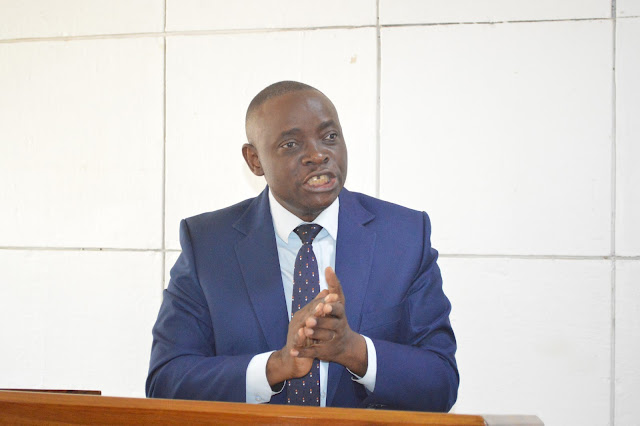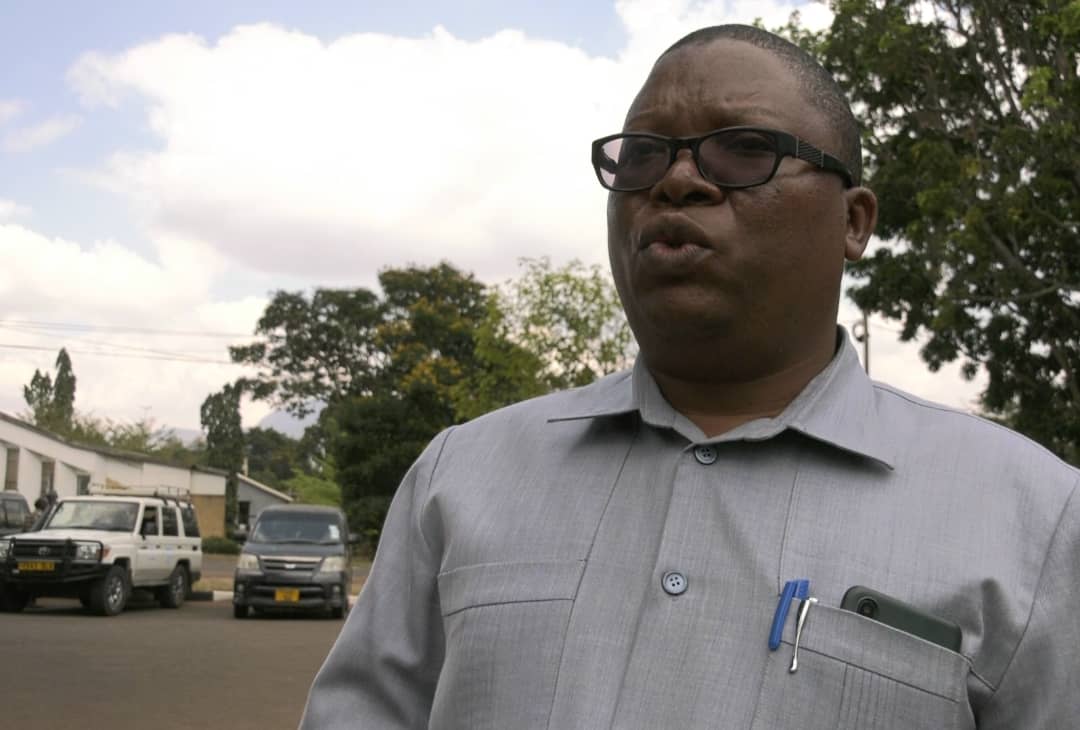On 6th October 2022, Sokoine University of Agriculture (SUA) in collaboration with the Nelson Mandela African Institution of Science and Technology through the Agro-Ecology Hub in Tanzania (AEHT) and Botanicals projects, both funded by the McKnight Foundation, brought together representatives from various governmental and non-governmental organizations, farmers, and entrepreneurs to discuss Agroecology policy matters.

The event took place at the Edward Moringe Campus of the Sokoine University of Agriculture in Morogoro and it was graced by Dr. Ephrem Njau, the Acting Director General of the Tanzania Plant Health and Pesticides Authority (TPHPA).
Participants discussed key policy issues in Tanzania's agricultural sector related to the adoption of agroecology. Additionally, the workshop provided a platform to promote the use of organic inputs.

Professor Esron Karimuribo, Director of Postgraduate Studies, Research, Technology Transfer, and Consultancy at SUA, informed the attendees that the availability of research findings is essential for the development of better policies that benefit the nation.
Based on this fact, university management decided three years ago to fund researchers with internal funds. The goal is to collect enough research information on different aspects of the agriculture sector to help the government and other stakeholders make informed decisions.

Professor Anthony Sangeda, a research scientist for Agro-Ecology Hub in Tanzania project, said the project is unique compared to others because it actively involves farmers who are at the forefront of changing agricultural practices from traditional to agroecology.
Hosted at the Sokoine University of Agriculture, Agroecology Hub in Tanzania project join hands with the Government of the United Republic of Tanzania, development partners, Farmer Research Networks (FRNs), Farmers groups, and the private sector in the efforts toward Agroecology transformation and Sustainable Food systems in Tanzania.
The project team believes that when farmers have access to information and knowledge on agroecological practices, agrarian transformation, and sustainable environment and food systems will be possible.




